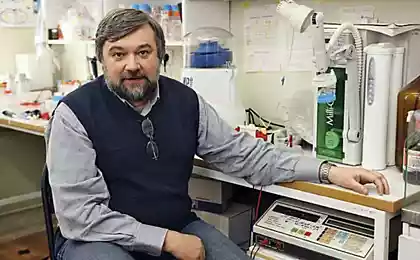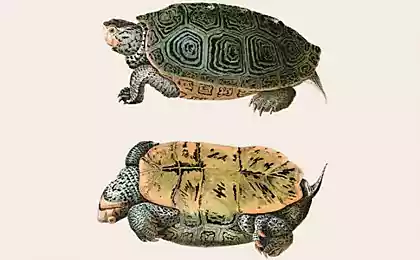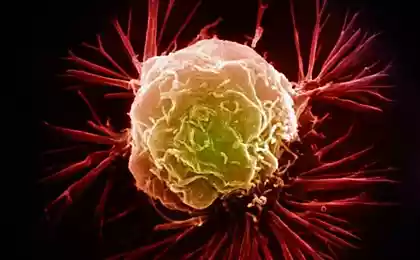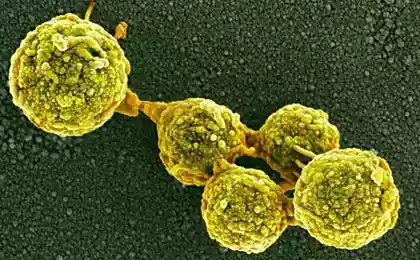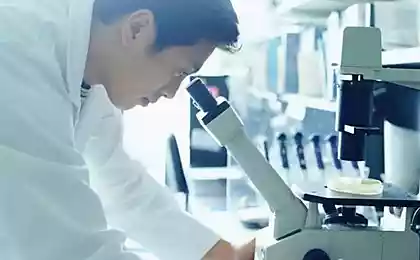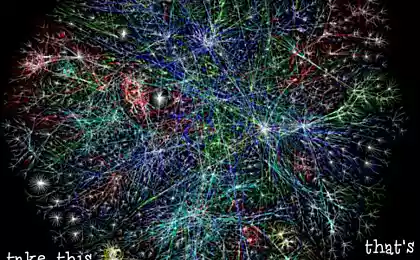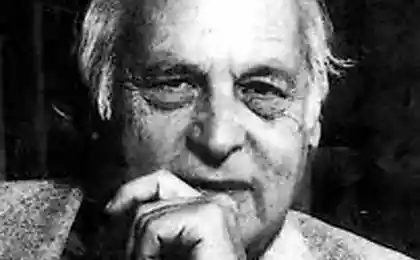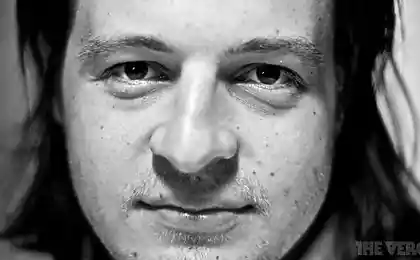580
Unfulfilled promises scientists
In the early 20th century, the magazine Popular mechanics has published a number of predictions about the innovations of the future. Some were reminded of the benefits of modern civilization, such as video conversation in Skype or Internet shopping, but many of the assumptions never found its material embodiment.In addition, the magazine foreshadowed the appearance of biotechnology, which, in theory, has yet to be done – the house, blossoming like a flower.
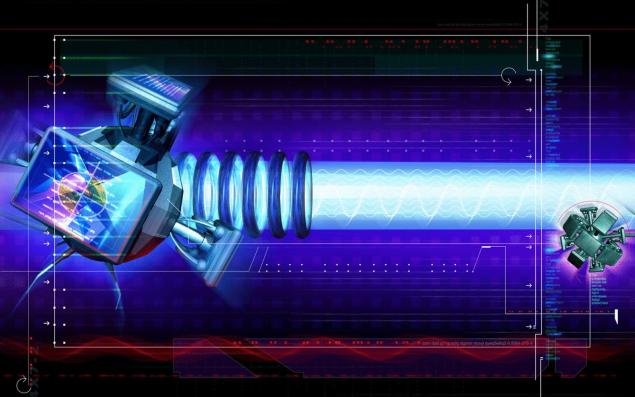
Of course, science as it is generated by technology, continues to provide new discoveries. But progress does not always give us those things which we expect or even require. Similarly, the war on cancer declared 40 years ago, still has not given a cure. And the theory of the unified physics is yet to be articulated, despite the prediction from 2001, that it will appear over the next 10-15 years.

Sometimes, however, the progress manifests itself in surprising directions. For example, the war on cancer may not eliminate the disease, but still gave some results. Researchers studying the olfactory system of vertebrates, has received huge volumes of data on cellular biology, growth and differentiation.
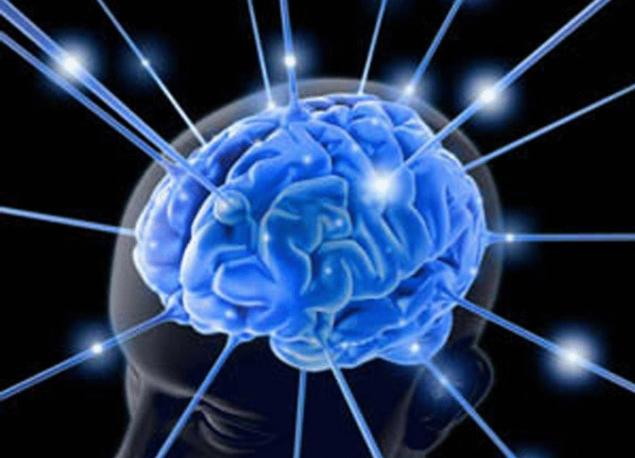
Of course, not all inadvertent discoveries good. For example, experts in plant physiology, trying to speed up the reproductive function of soybean using artificial chemicals, found that significant chemical exposure causes plants to drop leaves. This discovery led to the creation of chemical weapons used by the us military during the Vietnam war. The impact of this reagent is associated with certain types of cancer and other health problems, including birth defects.
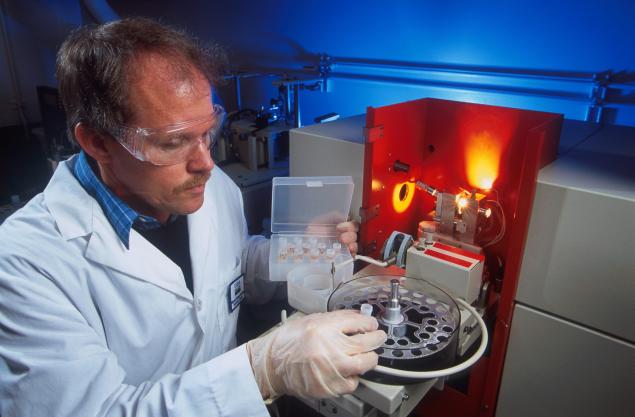
Violent fantasy, the personal pride of scientists and funding structures that support research for specific purposes – all of these factors influenced the occurrence of false promises. But his contribution made and the public, as people demand specific answers where they may not exist. After all, humanity is striving for certainty: we want to know something.

However, this desire is contrary to the nature of science. Its integral part is the uncertainty and doubt. Scientists continually Refine their findings. So how can we make predictions if all as required to be revised?
Source: /users/147

Of course, science as it is generated by technology, continues to provide new discoveries. But progress does not always give us those things which we expect or even require. Similarly, the war on cancer declared 40 years ago, still has not given a cure. And the theory of the unified physics is yet to be articulated, despite the prediction from 2001, that it will appear over the next 10-15 years.

Sometimes, however, the progress manifests itself in surprising directions. For example, the war on cancer may not eliminate the disease, but still gave some results. Researchers studying the olfactory system of vertebrates, has received huge volumes of data on cellular biology, growth and differentiation.

Of course, not all inadvertent discoveries good. For example, experts in plant physiology, trying to speed up the reproductive function of soybean using artificial chemicals, found that significant chemical exposure causes plants to drop leaves. This discovery led to the creation of chemical weapons used by the us military during the Vietnam war. The impact of this reagent is associated with certain types of cancer and other health problems, including birth defects.

Violent fantasy, the personal pride of scientists and funding structures that support research for specific purposes – all of these factors influenced the occurrence of false promises. But his contribution made and the public, as people demand specific answers where they may not exist. After all, humanity is striving for certainty: we want to know something.

However, this desire is contrary to the nature of science. Its integral part is the uncertainty and doubt. Scientists continually Refine their findings. So how can we make predictions if all as required to be revised?
Source: /users/147
